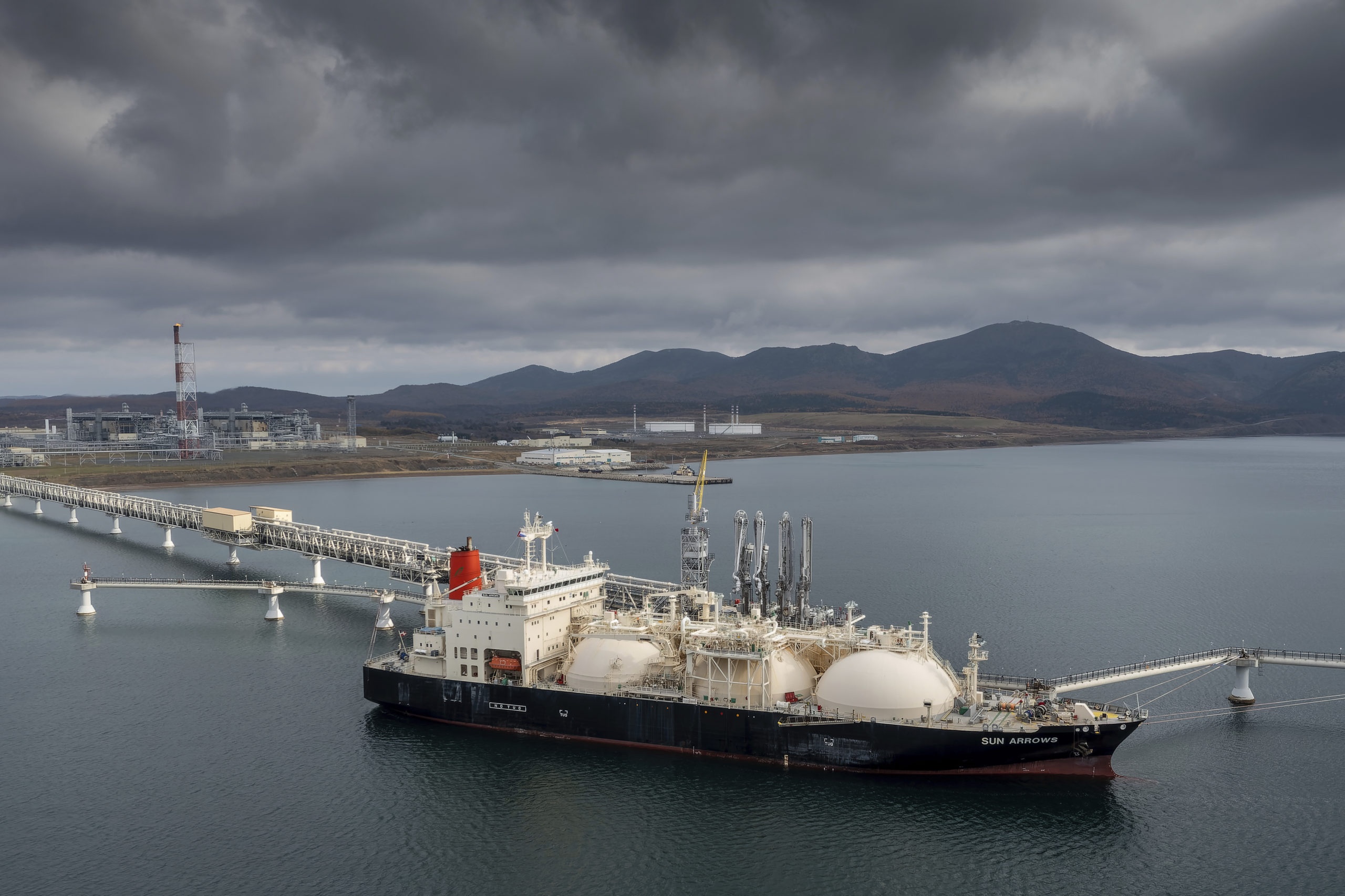 1
1 1
1
TOKYO (AP) — A Japanese consortium has decided to retain its stake in the new Russian operator of the Sakhalin-1 oil and gas project and is set to notify Moscow, moving to secure stable energy supplies for resource-scarce Japan.
“It’s an extremely important project,” Economy and Industry Minister Yasutoshi Nishimura said Friday in welcoming the unanimous decision by the shareholders in Sakhalin Oil and Gas Development Co., or SODECO, a consortium of Japanese companies holding a 30% stake in Sakhalin-1 in Russia’s Far East.
Nishimura said SODECO was expected to notify the Russian operator of its decision by Nov. 11, meeting a deadline set by Russia. The government will do its utmost to ensure Japan’s energy security by working closely with the private sector, he said.
The decision by SODECO shareholders Friday came days after Nishimura met with consortium executives asking them to keep their stake in the Russian project.
Japan’s government owns a 50% stake in SODECO. The remainder is held by private companies including major trading giants Itochu Corp. and Marubeni Corp. and energy companies Inpex Corp. and Japan Petroleum Exploration Co.
Many major Western energy companies have withdrawn from projects in Russia due to the war in Ukraine. Japanese officials maintain that oil and gas from Sakhalin is vital for the country’s energy security.
Russian President Vladimir Putin in October unilaterally announced a plan to establish a new operator for the project previously led by Exxon-Mobil, which left the project after Moscow terminated the company’s interests in the project.
Japanese companies Mitsubishi Corp. and Mitsui & Co. have chosen to keep their stakes in Sakhalin-2, another oil and gas project under a new Russian operator.
Japan imported about 4% of its oil from Russia last year before suspending its purchases after sanctions were imposed on Moscow for its invasion of Ukraine. Japan has since increased crude imports from Middle East.